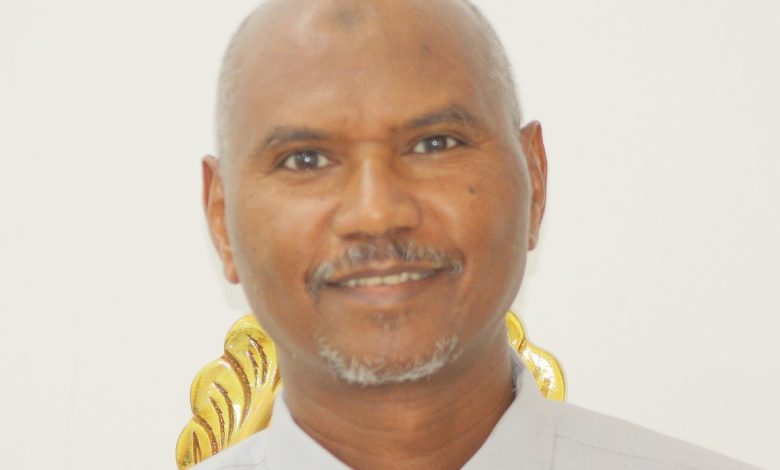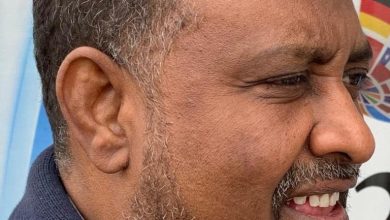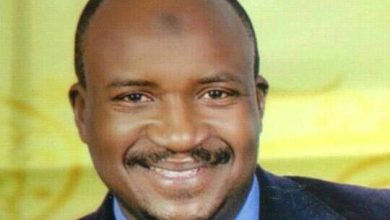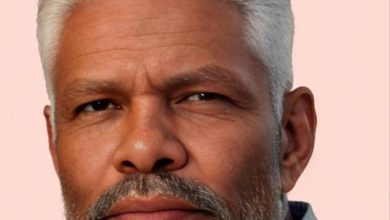Opinion
Community Peace After War

By Al-Sawy Yousif
There are tribes that are considered to harbor the rebel militias. However, even if 90% of a tribe supports the Janjaweed, religion, ethics, and patriotism do not permit holding the remaining 10% accountable for the actions of the majority or branding the entire tribe as guilty. The crime is only that of the individuals who committed it, not their brothers, cousins, or tribe members. Fortunately, there are men who stood firm, unafraid to raise their voices and speak the truth in the face of their clan, temptation, and fear. They stood with the nation, not with greed or sedition, and not for foreign money. They remained steadfast, standing by the homeland, the armed forces, and the unified national government. From these individuals will come the community peace we aspire to, and through them, all tribes, ethnicities, and regions will be united. Their wisdom and experience will help bridge the deep divide between their tribes and the rest of the nation’s people. Even those traditional leaders who sold their conscience, dignity, and manhood for a handful of money, with despicable greed and cheap ambition, under the illusion of establishing a tribal kingdom in Sudan at the expense of the lives, honor, and properties of the rest of Sudan’s people, will be dealt with. Their own people are best equipped to hold those among them accountable, to isolate, replace, and expose them for their betrayal.
In the end, what remains is the essence of Sudan, that strong bond, shared consciousness, and rich heritage of solidarity, unity, and the robust social fabric that ties together all its regions, tribes, and ethnicities. Sudan remains a homeland we take pride in and cherish.
Thus, after the war, we await an all-inclusive conference for all Sudanese people, where principles of accountability, review, and organization will be declared. The first principle is that no tribe shall be criminalized. There will be no collective punishment or condemnation except for individuals or institutions directly responsible for wrongdoing. The second principle is that accountability, punishment, or isolation will not be imposed on a tribe or family but on individuals, based on evidence and facts, not suspicions or unfounded accusations. The third principle is that leadership will go to those who stand with the nation, who value the unity, sovereignty, and dignity of the people. No leadership will be granted to those who sold out, who were obvious agents of foreign agendas or the ambitions of militia leaders and warlords, or to those who continued to fight against the country and its army, whether with weapons, money, men, words, chants, or incitement.
The fourth principle is the absolute prohibition of taking up arms against the state, and the preemptive condemnation of any armed rebellion. There must be agreement on other mechanisms for protest, asserting rights, and applying pressure on governments and institutions. The fifth principle is the clear agreement that rights are gained through citizenship. Citizenship has laws and regulations, and it is earned only by a rightful citizen, tied to the country and its borders. It is not linked to a tribe or ethnicity. If you are Sudanese, then your Chadian, Nigerien, or Libyan cousin, or whoever their nationality is, does not have the right to enter Sudan, let alone obtain its citizenship and exercise rights, except through the known legal procedures of visas and residence. Therefore, anyone who entered Sudan unlawfully is an intruder who must be prosecuted and expelled to their country, regardless of their tribe. Modern citizenship belongs to nation-states, not tribal or ethnic affiliations.
The direct popular election is the only legitimate representation of the people, the voice that speaks for the nation. Dividing the country into geographical districts is merely a facilitation for the people to elect their representatives, whom they know and trust in their local neighborhoods. No one should doubt the authenticity of these representatives or their right to speak for the people, to plan, execute, negotiate, and govern on their behalf. There must be urgent preliminary elections to elevate a comprehensive Sudanese conference in which the representatives of the people will consult on a plan to lead the country out of the destruction caused by war, conflicts, revolutions, and various disputes. The goal is to achieve a future where a consensus on a development plan, a system of federal and local governance, and fundamental principles for a permanent national constitution are established, defining rights and duties, regulating powers and authorities, and guiding the nation toward stability, social agreement, and enduring peace.



